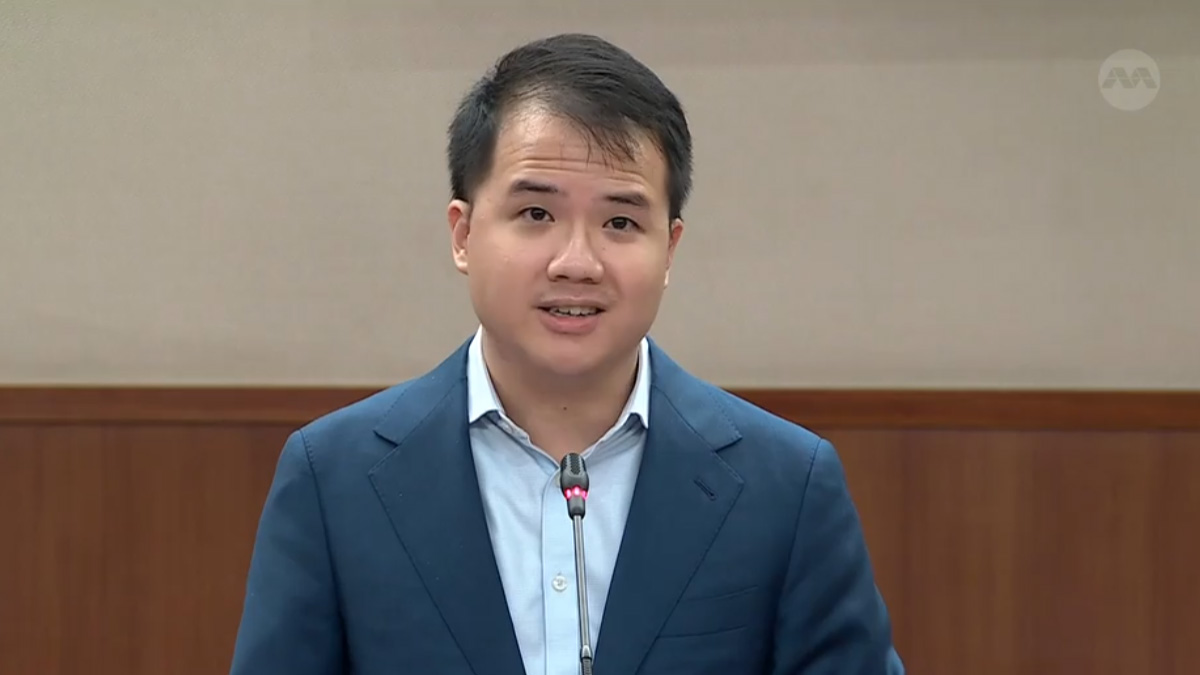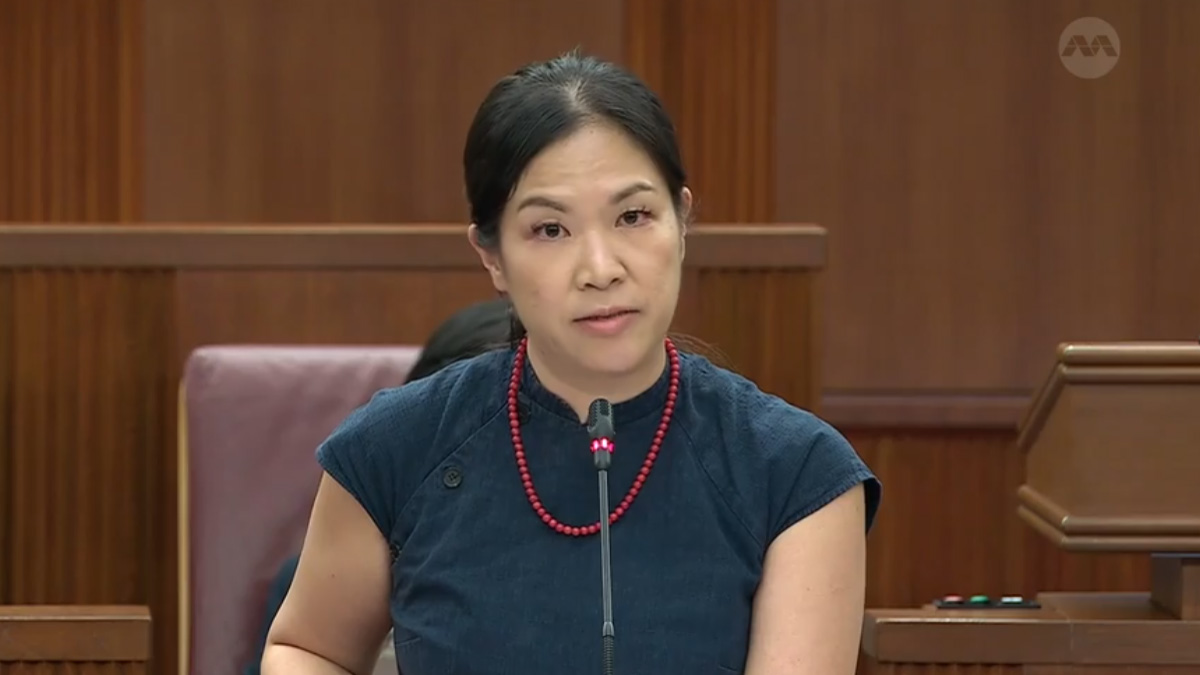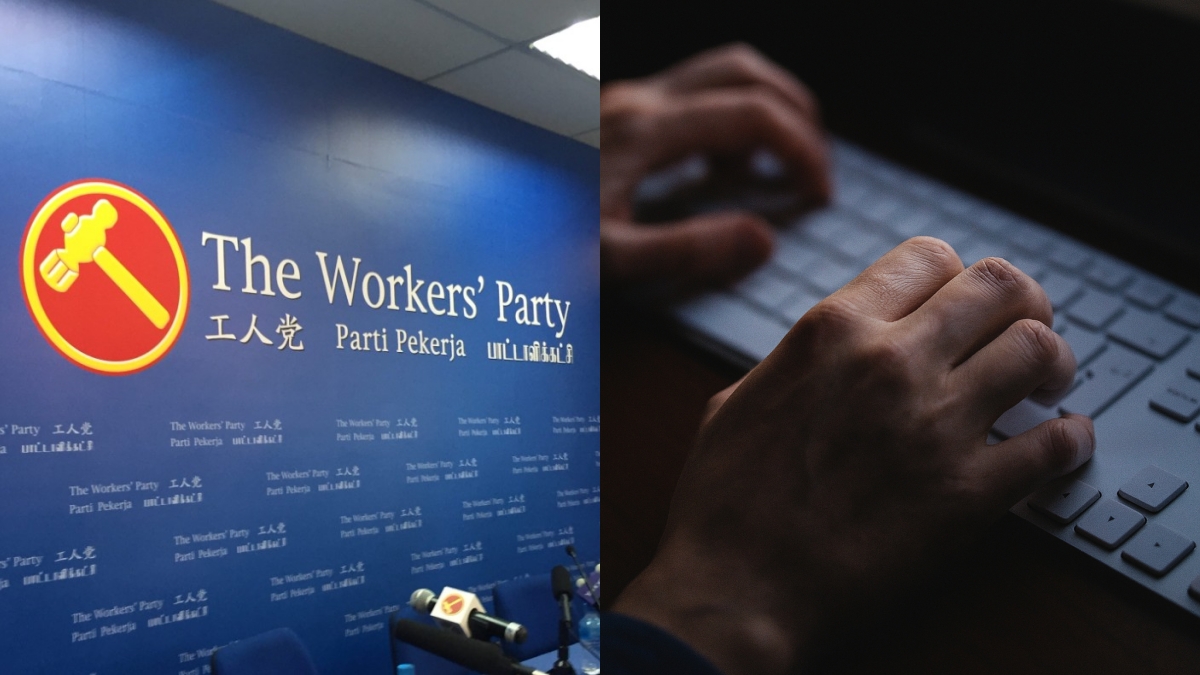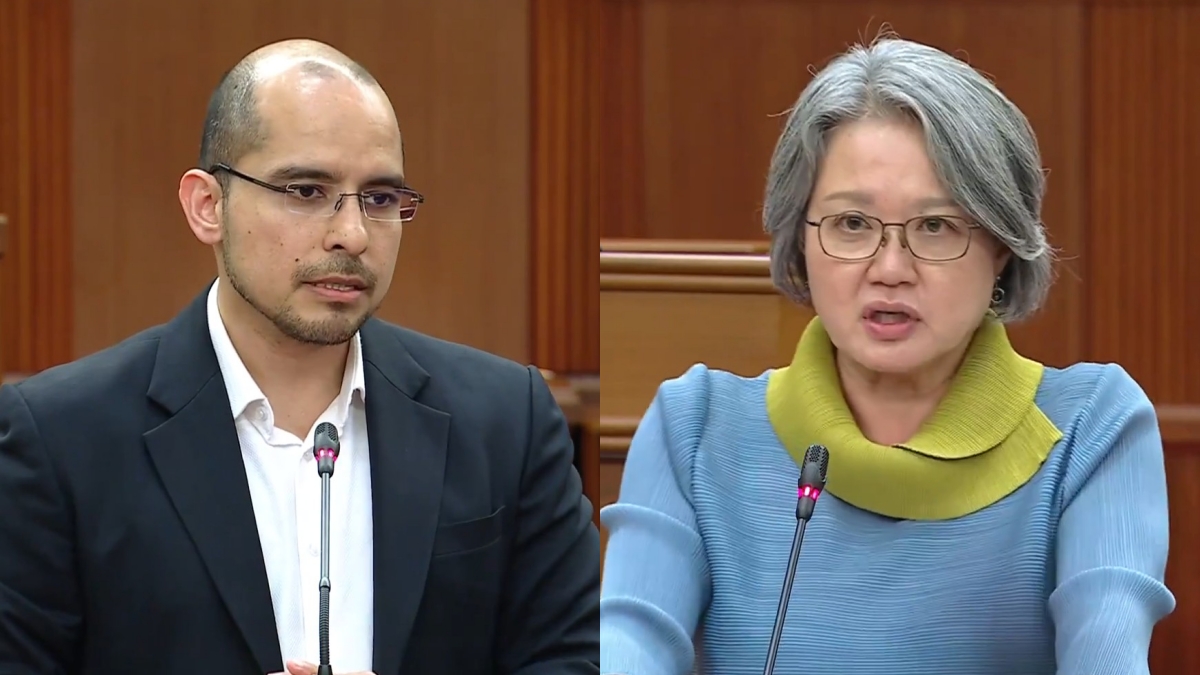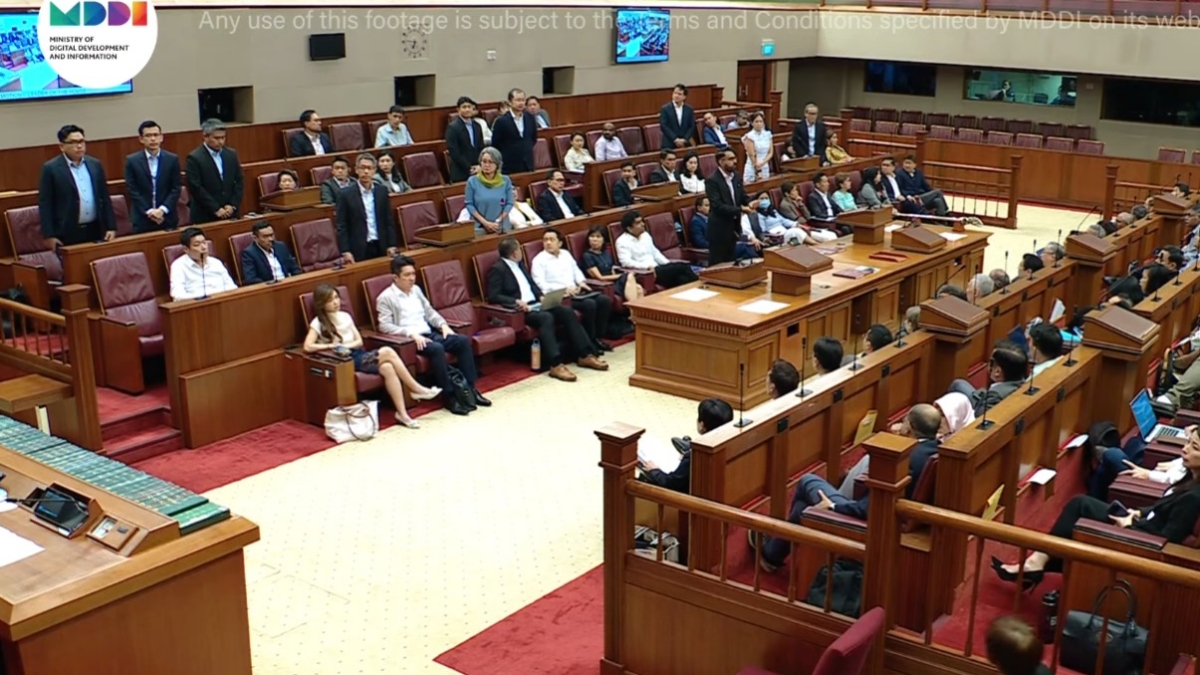Parliament passes Online Safety Bill to address digital harms, with concerns over oversight and effectiveness
A new law passed on 5 November aims to provide faster recourse for victims of online harms, with the Online Safety Commission expected by mid-2026. While the Bill has been described as a step forward, concerns remain over its scope, effectiveness, and the potential for overreach.
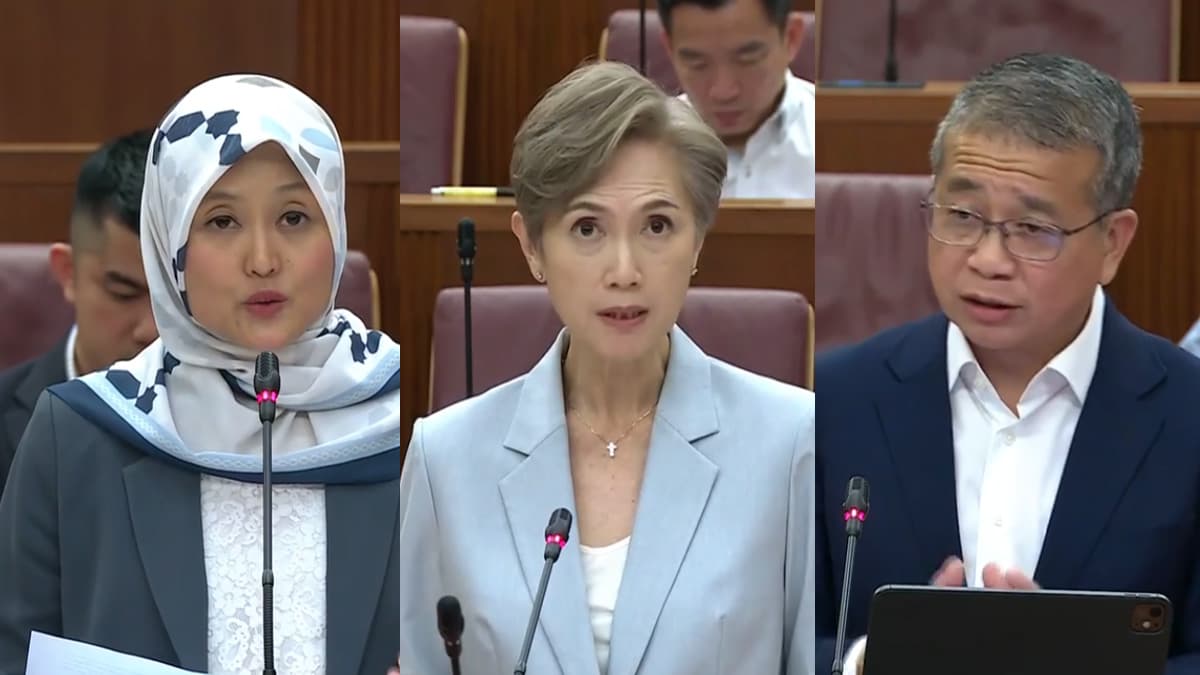
- The Online Safety (Relief and Accountability) Bill was passed on 5 November after more than eight hours of debate.
- The law provides for a one-stop agency to direct online platforms to remove harmful content, set to launch by June 2026.
- Concerns were raised over the agency’s powers, transparency, and whether platforms or courts remain the best avenue for redress.
Singapore’s Parliament passed the Online Safety (Relief and Accountability) Bill on 5 November, 2025, following more than eight hours of debate. The new legislation paves the way for the formation of a centralised agency—the Online Safety Commission (OSC)—by June 2026.
The OSC will be empowered to issue legally binding directions to online platforms and other digital service providers, including administrators of groups and content disseminators, to take down material deemed harmful.
Supporters of the Bill have described it as an attempt to provide more timely relief for victims of online abuse. However, the scope of the new powers and how they will be exercised have drawn scrutiny.
Existing remedies deemed slow and complex
According to Minister for Digital Development and Information Josephine Teo, current processes for content takedown can take five days or more, citing a 2025 study by the Infocomm Media Development Authority. Teo stated this was “highly unsatisfactory” for victims who may be living in fear of anonymous perpetrators.
Victims have also been described as being discouraged by the existing court processes, which can be costly and procedurally complex.
The OSC is intended to act on behalf of such victims, with powers to order removals, account restrictions, or permit victims to respond publicly. However, some MPs questioned whether the agency’s intervention could duplicate or conflict with judicial and platform-based remedies.
Concerns over the scope and balance of powers
A total of 23 MPs spoke during the debate. While many acknowledged the need for stronger protections against online harms, several raised concerns about privacy, freedom of expression, and the risk of regulatory overreach.
The Workers’ Party (WP), which holds 10 elected seats and 2 Non-Constituency Member of Parliament (NCMP) positions, proposed five amendments to the Bill. These included an explicit exception for fair comment on matters of public interest, and an expansion of the OSC’s remit to cover sexual grooming and material that promotes suicide or self-harm.
All five amendments were voted down by the House, which is largely made up of Members from the ruling People’s Action Party (PAP).
While the Government maintained that the Bill already strikes a balance between competing concerns, some critics questioned whether sufficient safeguards exist, particularly in the absence of greater transparency around how the OSC will make its decisions.
Nature of online harms to be addressed
The OSC will begin with a focus on certain categories of harm: online harassment, doxing, stalking, intimate image abuse, and image-based child abuse.
It is expected to later include more complex and less clearly defined harms, such as:
-
Online impersonation and deepfake abuse
-
Online instigation of disproportionate harm
-
Incitement of violence or enmity
-
Non-consensual disclosure of private information
-
Publication of false material or reputationally damaging statements
Minister of State for Digital Development and Information Rahayu Mahzam said victims in serious cases like child abuse material or doxing may receive direct help from the OSC. In other cases, victims must first report the issue to the platform and wait 24 hours before escalating the matter.
Jurisdiction and legal implications
To qualify for assistance, victims must be citizens, permanent residents, or have a prescribed connection to Singapore, such as long-term residency.
OSC decisions will take into account the severity of harm, number of individuals affected, and risk of further harm. Guidelines are expected to be published, though it remains to be seen how consistently these will be applied.
Failure to comply with a directive may result in fines or imprisonment. Penalties include:
-
Up to S$20,000 in fines or 12 months’ jail for individuals
-
Daily fines of up to S$2,000 for continued non-compliance
-
Up to S$500,000 for companies, with further daily fines of S$50,000
Access blocking and app removal orders may also be issued. Internet service providers and app distributors may face fines of up to S$250,000 and S$500,000 respectively.
These powers have raised questions from some quarters about proportionality and enforcement transparency, particularly in cases involving cross-border platforms or unclear definitions of harm.
Appeals and data access
Parties dissatisfied with the OSC’s actions may appeal first to the Commissioner, then to an independent panel. Judicial review in court remains a final option, although the detailed process for this has not yet been disclosed.
Victims may request disclosure of a perpetrator’s identity to pursue a civil claim. Conditions will apply to prevent misuse of such information, though these safeguards have not been fully specified.
Coordination challenges remain
Rahayu addressed concerns that the OSC could add to the existing patchwork of digital laws, which already include the Protection from Harassment Act and Protection from Online Falsehoods and Manipulation Act.
She said the Government would adopt a “no wrong door” approach, with the OSC working across agencies to reduce the need for victims to file multiple reports.
However, how this integration will function in practice remains unclear, especially in overlapping cases.
Rahayu also acknowledged that the agency’s initial caseload is expected to be high, and staffing would be adjusted accordingly. She said the OSC will be staffed by individuals with “a good understanding of society and the online world”, though no specific hiring or training plans were disclosed.
Public response and ongoing questions
Teo said the Bill is meant to counter the erosion of acceptable behaviour online and help citizens engage in digital spaces more safely.
However, it is uncertain whether the OSC will be able to deliver on these goals without clearer operational mechanisms, appeal procedures, and public accountability structures.
How the agency defines harm, responds to conflicting rights, and ensures due process will likely remain areas of focus as implementation proceeds.



